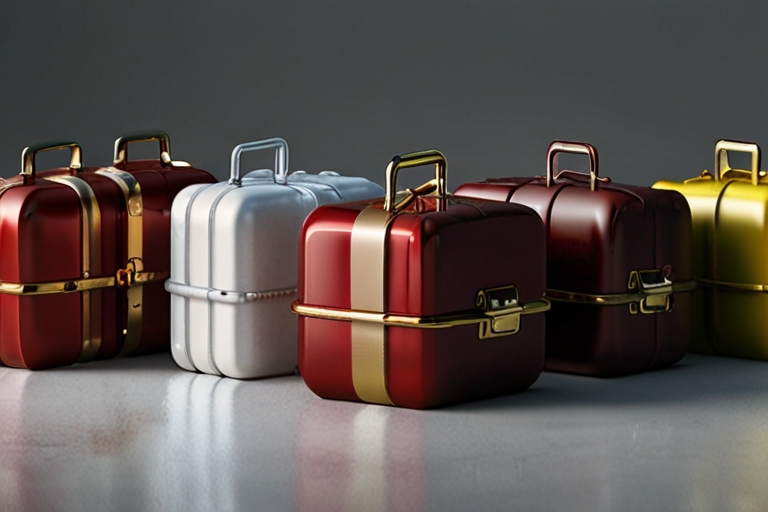It is precisely in the luxury segment where a distinctive microcosm is found within the general consumer scene, where by manner of exclusivity, craftsmanship and ambition, the whole sector is characterized. The luxury business is a wide-ranging industry that goes from the most high-end fashion and accessories to the premium car manufacturers and experiences, extending to the international market to satisfy luxury demands.
Resilience and Adaptability
In regards to history of the luxury market, the economy has not only faced ups and downs, but also the uncertainties of the globalization, however, its resilience could be witnessed in the last decades. Luxury brands who have shown high adaptability ranks to shifting trends, emerging markets and digital disruptions still reign in the centers of the minds of consumers and are relevant to them. Through shaping the narrative, drawing interest and immersing customers in the experience of a lifestyle, luxury brands managed to reach affluent people, and raise brand awareness.
Emerging countries are increasingly becoming the major global consumers of international goods.
The luxury sector, in its quest for development, is massively expanding its reach into the emerging markets of Asia-Pacific, with countries like China and India being focused mostly. The growth of moreof affluence, urbanization, and middle class in all these, has created a desire for fashionble goods and final service. Luxury brands have capitalized on this trend by coming up with flagship stores, doing market campaigns in, person, and making exclusive offers for customers in the regions.
Sustainability and Ethical Consumption
Consumers, in particular the affluent generation, are much more motivated nowadays to look for brands and products that meet two criteria: they are sustainable and ethically sourced, and the trend is growing in luxury. Brands of luxury are made to go for nature preservation programs, as providing earth-friendly fabrics as well as fair trade supply chain as means to attain their social and environmental goals. With the conscious consumer now in pursuit of sustainable brand objectives, the demand for environmentally framed luxury products is on the rise upholding changes and/or transformations for the luxury realm.
Digital Transformation
The digital revolution has undoubtedly reshaped the luxury market radically, and more challenges are on the way as consumers shift their behaviors, brands transform engagement strategies as well as distribution channels. Besides, top-end brands are utilizing e-commerce, social media and digital platforms to gain customers attention, develop their products and deliver high-quality user experiences. VR, AR and AI are working to shift interaction between brands and customers into a realm of experience as they are ushering in a new era of face of luxury brands.
Future Outlook
Thus, in the scenario is that luxury brands has to come up with innovating and flexible strategies to stay competitive in the tightening marketplace. Such luxury brands will continue to grow by bearing in mind the changing taste of customers, digital transformation, sustainability and more importantly, offering supreme quality and service. This will make them be leaders in the world, even with the changing clients needs.

